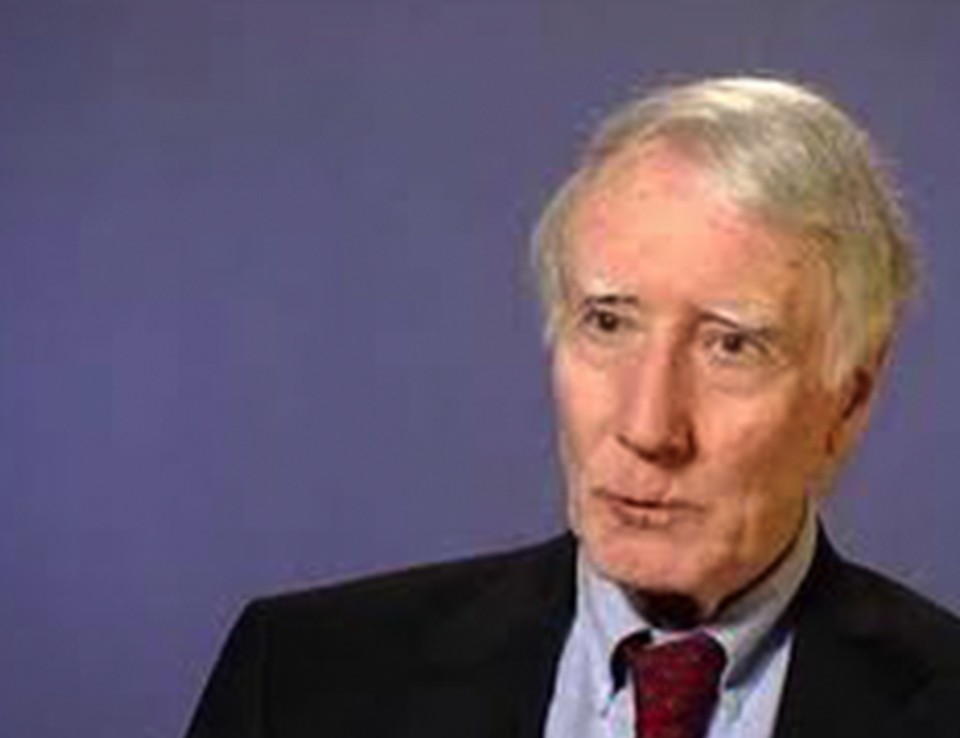Czeslaw Milosz and T.S. Eliot: On Literature, Past and Future

Czeslaw Milosz and T.S. Eliot were two of the most luminous figures of 20th century poetry. Milosz, who was inspired by Eliot’s work (he translated “The Waste Land” into Polish during World War II), developed his own response to the atrocities and despair of the modern world and toward literary and cultural traditions, often in contradiction to Eliot’s. After years of studying and writing about the two poets, Peter Dale Scott provides a trenchant assessment of their work as part of a new study on Milosz.
In the 1960’s Peter Dale Scott was a professor of English at the University of California, Berkeley, having previously served as a Canadian diplomat to Poland. At Berkeley he met Milosz, a colleague in the Slavic Languages department and poet then known mostly for his book about totalitarianism,The Captive Mind, and for his courses on Dostoevsky. Scott and Milosz collaborated on a landmark English translation of the selected poems of Zbigniew Herbert and eventually on stunning, witty English versions of Milosz’s own poems. Milosz went on to win the Nobel Prize for Literature.
A poet himself, Peter Dale Scott has published numerous volumes of poetry, most notably the three volumes of his trilogy Seculum: Coming to Jakarta: A Poem About Terror (1989), Listening to the Candle: A Poem on Impulse (1992), and Minding the Darkness: A Poem for the Year 2000 (2000). In addition he has published Crossing Borders: Selected Shorter Poems (1994, published in Canada as Murmur of the Stars), Mosaic Orpheus (2009), and Tilting Point (2012). In November 2002 he was awarded the Lannan Poetry Award.
An anti-war speaker during the Vietnam and Gulf Wars, he was a co-founder of the Peace and Conflict Studies Program at UC Berkeley, and of the Coalition on Political Assassinations (COPA).
His poetry has dealt with both his experience and his research, the latter of which has centered on U.S. covert operations, their impact on democracy at home and abroad, and their relations to the John F. Kennedy assassination and the global drug traffic. The poet-critic Robert Hass, who has served as U.S. Poet Laureate, wrote that "Coming to Jakarta is the most important political poem to appear in the English language in a very long time."
Peter Dale’s Scott’s lecture is sponsored by the Gould Center for Humanistic Studies.
